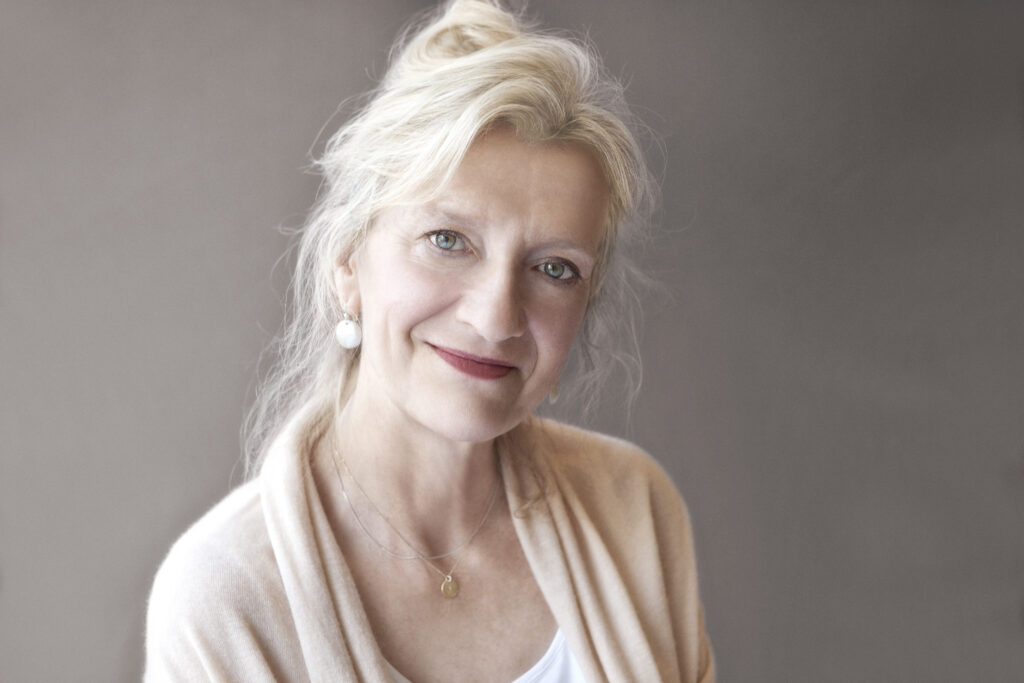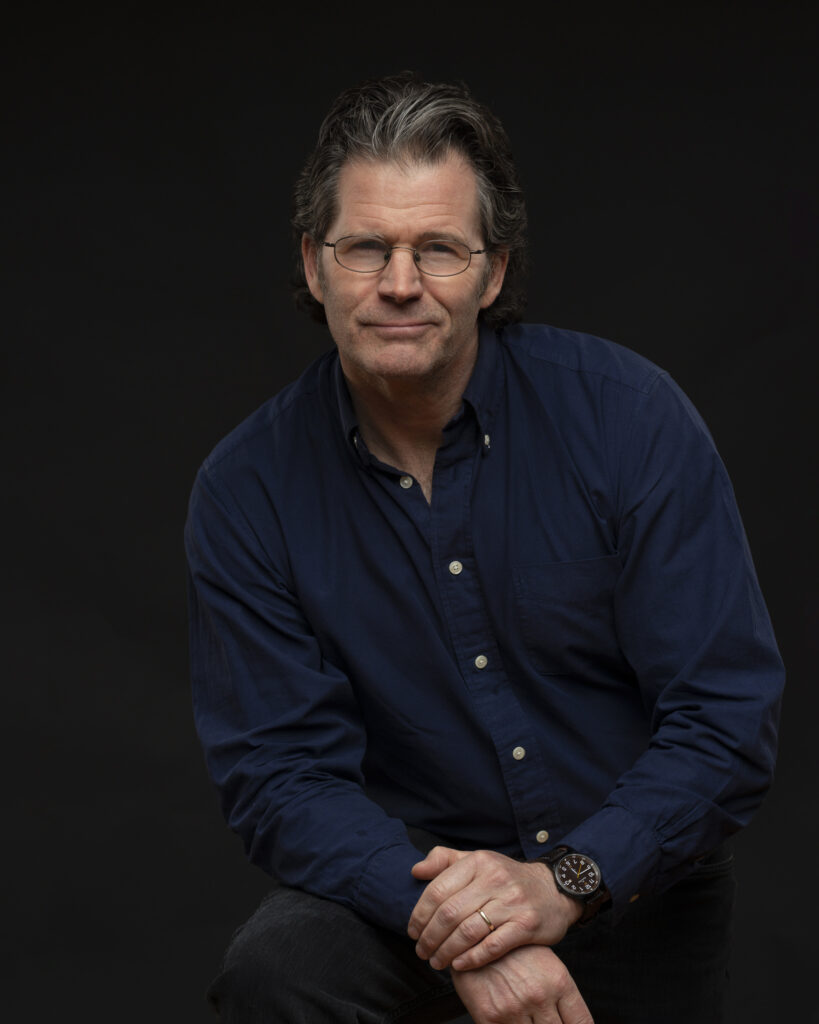Ann Hood, Andre Dubus III, Elizabeth Strout in Conversation at Salve for Newport MFA
By Helena Touhey
In the writers’ room: Newport Life chats with authors ahead of free event June 26
Readers and writers alike will take pleasure in a panel planned this summer at Salve Regina University, where renowned authors Ann Hood, Elizabeth Strout, and Andre Dubus III will convene for a convivial and lively conversation. Hood, the founding director of The Newport MFA, a low-residency creative writing program at Salve, will host two of her longtime friends for a trio of public events on June 26, as part of the MFA program’s weeklong summer residency.

The day will begin with a screening of “The House of Sand and Fog,” a film based on the novel of the same name, penned by Dubus, who will be present to discuss his writing and the adaptation process. That event will take place from 1:15-4:15 in the DiStefano Lecture Hall, located in the Antone Building at 44 and 56 Lawrence Ave. Immediately following that discussion, Hood will moderate a conversation between Dubus and Strout, at the same location, from 4:15 to 5:30 p.m.
Later that evening, Dubus and Strout will read from their work. That event will be held at Ochre Court, beginning at 7:30 p.m. All three events are free and open to the public.
“There’s nobody I’d rather talk with than Andre and Ann Hood,” says Strout. “I love them both so much.”
She is the author of “Olive Kitteridge,” which earned the Pulitzer Prize in 2008 and was later adapted into an HBO miniseries. Strout’s “Oh William!” was short-listed for the Booker Prize. Her forthcoming novel, “Tell Me Everything,” is out in August. It is the fourth and possibly final book chronicling the life of Lucy Barton.
Chatting by phone in early spring, Strout reflected on staying with the same characters for several years and across multiple projects. “[They] were so vivid to me,” she explains, “they kept hanging around in my head, so I kept writing about them.”
She is currently working on a new book with a new set of characters (as soon as she finished “Tell Me Everything,” those characters vanished, which is how she knew it was time to move on to another story), all inspired by a single detail that surfaced during a conversation with a neighbor.
“The detail wouldn’t let go of me,” she says. “I kept thinking: hmm, let’s make a story around that.”

Strout lives in Maine and usually writes for a couple of hours each morning, then takes “along, long walk,” and eventually returns to her work to “fiddle with it some more.”
“I was really young when I realized: oh wait, I’m not going to get to be another person,” she says. “[And] I’ve spent my whole life watching and watching, listening and listening, trying to get into another person’s head.”
Fiction, she notes, is “one way we can understand what it’s like to be another person.”
As for her craft, “I don’t write from beginning to end,” she says of her process, which she describes as very intuitive. “I don’t know how I get the job done— it’s a real mystery to me.”
When asked what sort of literary advice she likes to give, Strout answered, “Don’t stop.”
“I was 43 when my first book came out. And I was four when I first started writing — that’s a very long apprenticeship,” she says, noting that it was two years before she could get an agent to look at that first book, a time she remembers as rather depressing.
Strout has been friends with Dubus for roughly twenty years and said the two have a natural connection. His latest novel is “Such Kindness,” which was published last year, and his most recent work is a collection of essays, “Ghost Dogs: On Killers and Kin,” which came out in March.
“I’ve been writing essays thirty some years,” says Dubus, “there are some things you have to write about straight.” His collection features 18 pieces, which were culled from 40 essays.

Dubus published “The House of Sand and Fog” in 1999,which was selected for Oprah’s Book Club in 2000. It was adapted into a film starring Jennifer Connolly and Ben Kingsley and released in 2003.
While he feels fortunate to have had a book made into a film, Dubus is still a “book loving person” at heart. “I don’t think the ultimate experience in life is film — I think it’s a book, a novel,” he says.
It can take him three to five years to complete a novel. And he doesn’t speak about the project to anyone, not even his wife, during that time. “I’ve always felt strongly that it just feels harmful to talk about it,” he says.
He writes at home five days a week, usually for two or two-and-a-half hours in the morning. “Some days, I feel it’s talking to me and I’m flowing down a stream,” he says. “Other days, it’s like sitting on a rock.”
Self-loathing is a normal part of the writing process, says Dubus, who notes the most important thing is to show up and keep at it, even after a day when it seems nothing is coming together.
“I feel I have a sacred duty to these beings called characters, who knock on my psyche and say, ‘Bring me to life,’” Dubus says. Like Strout, he describes the process as “deeply mysterious.”
“There’s no right way or wrong way to do it,” he says. “We write for the writing.”
Dubus has been working on one writing project or another for 40-something years, and he has lost no enthusiasm for the endeavor, no matter how hard it might feel at times.
A new project may start as “a shimmering sliver of an image,” he says. “We need to trust what we’re curious about … [and]explore it with words.”



